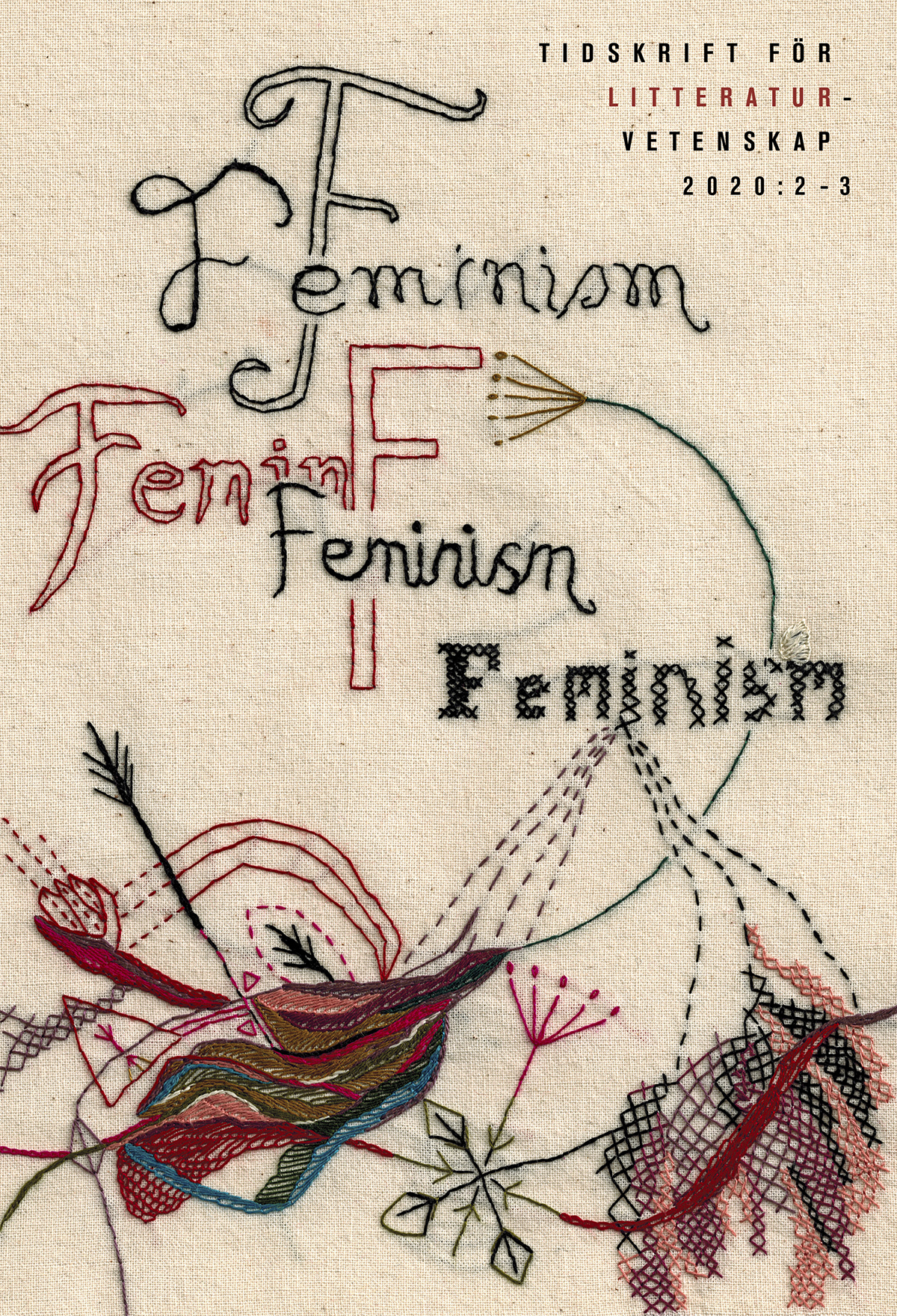Faderskap i förändring i 1970-talets ungdomsroman
Om fäder, mödrar och genusordning i Gunnel Beckmans Tre veckor över tiden och Ingvar Wahléns Flickan i huset vid ån
DOI:
https://doi.org/10.54797/tfl.v50i2-3.6121Nyckelord:
1970’s Swedish YA novel, the new father, father-daughter relationship, mother-daughter relationship, gender power dynamics, women’s emancipationAbstract
Fatherhood in Flux in the 1970’s Young Adult Novel. Fathers, Mothers and Gender Schemes in Gunnel Beckman’s Tre veckor över tiden and Ingvar Wahlen’s Flickan i huset vid ån.
In the Swedish contemporary novel for young adults that emerged in the 1970’s, the father figure was given a new role. Instead of depicting fathers as absent and authoritarian breadwinners, as had previously been common, authors now introduced a more complex father who was present and loving but who also had problems of his own. This role was in line with the ideological shift in society towards more equal gender roles, and with political aims to encourage fathers to be more involved in their children’s lives. The aim of this article is to discuss the fictional father figure in reference to the vision of the new father that was launched in Sweden in the beginning of the 1970’s. Moreover, the depiction of the committed father will be examined in relation to
the protagonist, namely the teenage daughter, and to the mother figure. Central themes in these novels are, on the one hand, the close relationship between the father and the protagonist, and on the other hand the problematic relationship between the daughter and the mother. These issues will be discussed in reference to gender power dynamics and the women’s emancipation movement.
Nedladdningar
Downloads
Publicerad
Referera så här
Licens
Författaren/författarna behåller copyright till verket






